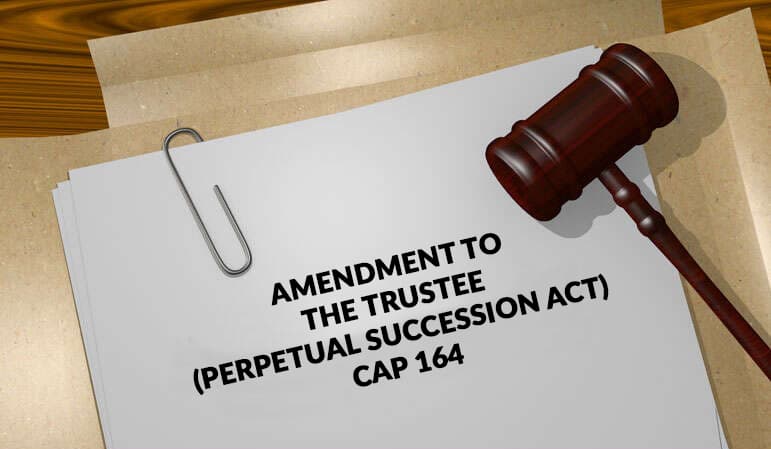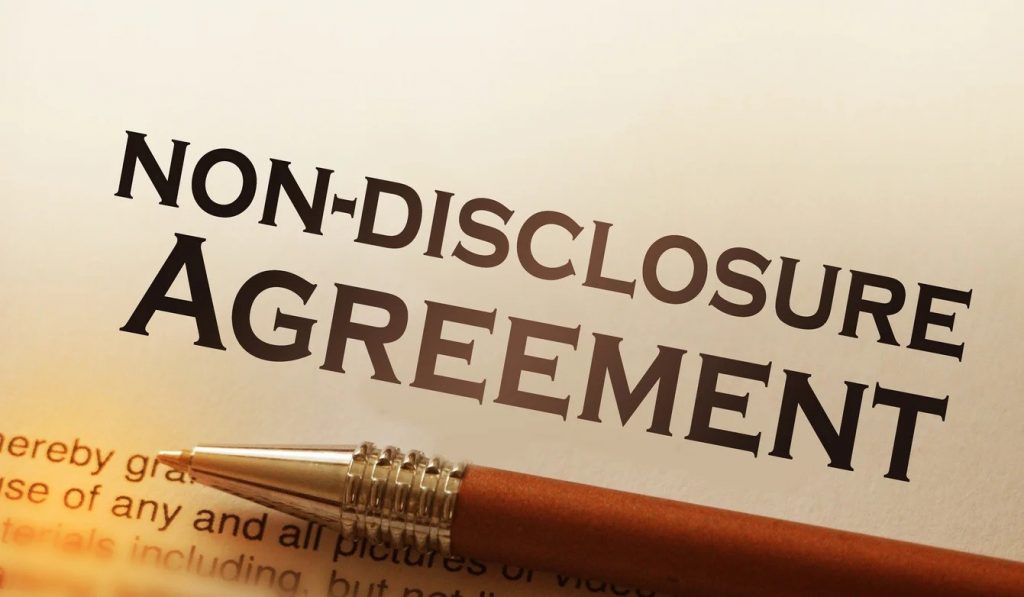A Business may wish to protect certain trade secrets and confidential information from access to third parties and the public in general.
Non-Disclosure Agreements, which are also known as confidentiality agreements offer alternative protection, aside from the more common ways of protecting business interests such as copyrights or patents and especially for interests that do not qualify for protection under those rights.
The Distinction between a Trade Secret and Confidential Information
Trade Secrets refer to sales methods, distribution methods, consumer profiles, advertising strategies, lists of suppliers and clients, manufacturing processes, recipes, and basically any information that has value to a business. Article 39 of the Agreement on Trade-Related Aspects of Intellectual Property Rights (TRIPS Agreement) which Kenya is a party, establishes that a trade secret must be:
- commercially valuable,
- be known only to a limited group of persons, and
- be subject to reasonable steps taken by the rightful holder of the information to keep it secret, including the use of confidentiality agreements for business partners and employees.
Confidential information has a wider scope to include trade secrets. Confidential information refers to any information designated as such, that is unknown to the public, regardless of whether or not it has commercial value. Thus, all trade secrets are confidential information but not all confidential information is a trade secret.
This distinction is important, especially when it comes to the enforcement of rights as we shall discuss later.
The Parties to an NDA
NDAs are quite common in employment contracts and are used to bar employees from disseminating confidential information that is acquired during their tenure of employment.
The phrasing of NDAs in Employment contracts should be such that it ensures the survival of the agreement even after the termination of employment. This is done to ensure that the employee is bound by the terms of the NDA, well after the conclusion of their employment contract.
NDAs can also be used to bind independent contractors, business partners or any other parties involved in transactions that may require the business to disclose the information it considers confidential.
Types of Non-Disclosure Agreements
There are three different types of NDAs:
- Unilateral NDA is one in which only one party to the agreement is disclosing confidential information to the other. Unilateral NDAs are most used to protect trade secrets when a business is developing a new product or service and seeking potential suppliers or partners.
- Mutual NDA involving two parties where both intend to disclose confidential information to the other.
- Multilateral NDA involving three or more parties and where at least one party will be disclosing confidential information to the others.
The scope of NDAs
NDAs can cover any information that a business considers confidential provided that the information is not already available to the public. The definition of what information is confidential must not be too wide-reaching or vague or result in compliance being too onerous or restrictive.
NDAs cannot however be used to prevent a party from reporting or disclosing acts of sexual harassment or sexual violence or to prevent a person from reporting criminal conduct or bribery and corruption allegations, that they are aware of.
The term of the NDA indicates how long the NDA is to be active. Typically, the standard use for NDAs ranges from 1 to 5 years. However, this depends on the nature of the transaction or market conditions. It is in an employer’s or business owner’s, interests to enforce an NDA for as long as possible.
Enforcement Of NDA’s
Protecting trade secrets within an NDA is important also because it makes a case for considering the information as a Trade Secret and enforcement of the terms. This is because one of the requirements, for information to be considered a trade secret, as discussed above, is an intent to treat the information as private. The creation of passwords to limit access to such information and protecting such information within an NDA implies the intent that the information is to be kept secret.
Any other information that a business would wish to treat as confidential, but that is not a trade secret must be contained in an NDA, for it to accrue a right capable of protection under the law. Thus, NDAs may provide broader protection than trade secret laws because it can cover proprietary and non-public information that does not meet the definition of a trade secret.
Remedies for Breach of NDA’S
Whenever a party breaches an NDA, the offended party can seek any of the remedies available for breach of contract including an injunction to stop the offender from further disclosing information and a claim for damages.
Equitable remedies are available, to a party that has their trade secrets disclosed by another party, regardless of whether the trade secret was the subject of an NDA, but that does not afford the same protection to other information that is not classified as a trade secret.
In order to claim an equitable remedy for the protection of a trade secret, the plaintiff must establish that there was the existence of a relationship with the defendant that required confidence. The best practice is to protect confidential information within an NDA because once a contractual relationship is established, it does away with the need to prove the existence of such a relationship.
Data Protection and NDAs
The Data Protection Act envisages that certain information collected and stored by a business should be protected from unauthorized access, and limited to unnecessary access. With this in mind, it is foreseeable that NDAs are poised to be very practical and important tools of Data Protection Practice.
How We Can Help You?
At Netsheria we have a vibrant team of experienced lawyers who are eager to answer any questions you may have about Confidentiality Agreements as you navigate through into a successful business venture. Contact us today
Written by Susan Mwango
Ambrose Waigwa






